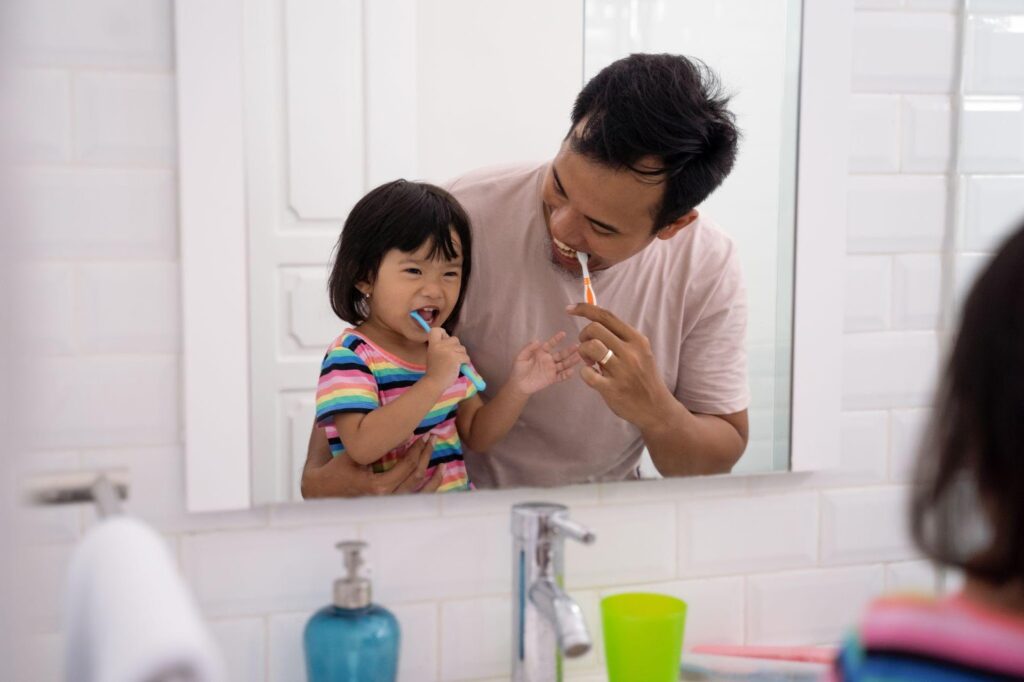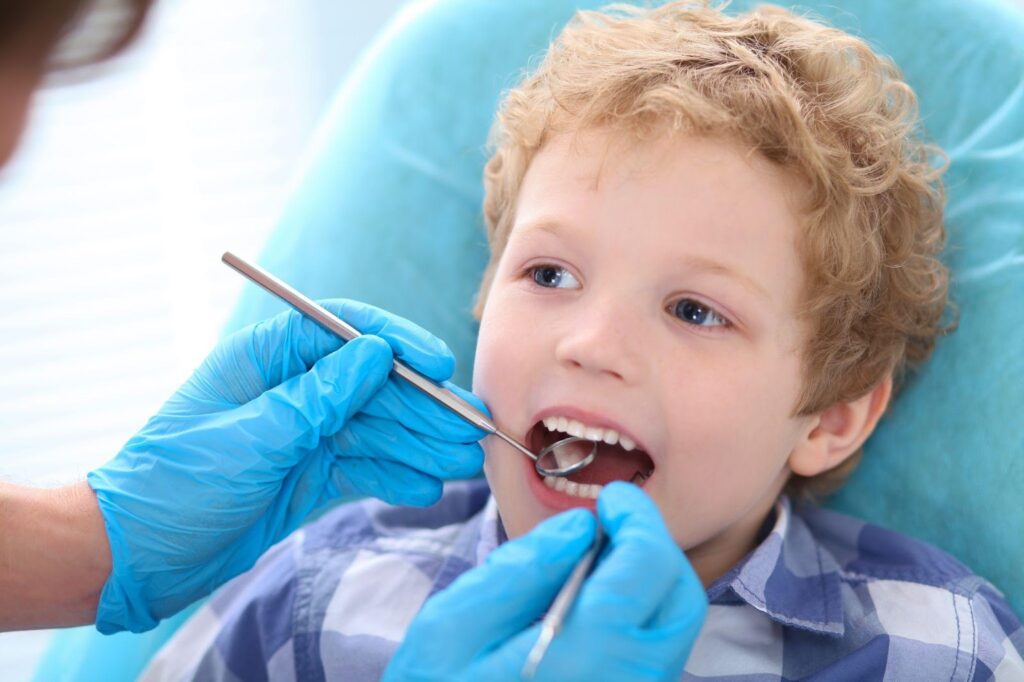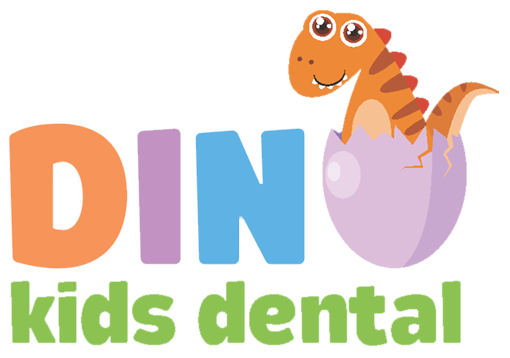Kids Dental Care Tips and Tricks: Guide for Parents

We all know how difficult it is to get a kid into a good dental hygiene routine, but it’s absolutely crucial to do so as early as possible.
Early development of positive dental care routines can prevent most of the issues that cause adults many problems today. Painful cavities and breaks, staining, and missing teeth usually stem from not learning how to properly take care of one’s teeth as a child and turning that into a habit.
While every parent knows that it’s their job to make their kids brush their teeth, you might not be aware of all the practices that need to be implemented to set up proper dental care for kids that’ll set them up for good dental health throughout their life.
Here are some tips and tricks for what to teach them and how to make sure those crucial habits are being formed.
Let’s dive in!
1: Supervise Children Under 6
This is a big one, and it’s one of the reasons so many kids don’t actually develop good dental habits. Life’s busy, and giving your child responsibility early helps them a lot, but it’s just a fact that little kids tend to cut corners when you tell them to run off and brush their teeth on their own.
A good rule of thumb is to supervise your child’s at-home dental care until they’re at least six. This lets you see how they’re doing it, and you can correct mistakes.
Age isn’t the only consideration, though. Gauge how well the child is learning, and continue supervising them until you’re sure they’re doing it right.
2: Brush Twice Per Day
Back in the day, you probably remember being told to brush after every meal or to brush 3 times per day.

We know better than that now.
Instead, it’s better to have your child brush twice per day. This ensures their teeth are clean and well-maintained, but they are not over-brushing.
3: Cut Back on the Treats
This is one you’re probably aware of, but all the treats and sweet drinks marketed to kids must be used in moderation. Not only are there serious health concerns that can pop up, but your child’s teeth are impacted by all the added sugar, as well.
It’s perfectly fine to let your child enjoy snacks and drinks with added sugars, but limit their consumption and try to introduce those items close to when you’re going to be brushing their teeth. That will prevent sugar and other problematic substances from sitting on their teeth all day.
4: Use Fluoride
Fluoride toothpaste is standard for adults, but when it comes to dental care for kids, you have to pay attention to a couple of factors.
There are a lot of “training toothpastes” on the market that are fluoride-free. These are meant for children who don’t understand how to spit the toothpaste out when they’re done, and they are good for the early stages of learning proper dental care. However, they’re not effective, and you shouldn’t keep using them.
Once your child learns that they have to spit toothpaste out, move on to a kid-friendly fluoride toothpaste. This will help prevent cavities that create most of the major problems adults end up having.
5: Avoid Nighttime Bottles with Infants and Wipe Gums
When your child is still an infant or just barely becoming a toddler, it’s easy to put dental care to the side. After all, they either don’t have teeth, or they’re just starting to get them in. However, dental care does start this early.
With infants, you want to gently wipe their gums with a wet cloth. There’s obviously nothing there to brush, but keeping their gums healthy gives them a headstart on developing a healthy smile.
It’s also crucial not to let babies or toddlers fall asleep with bottles in their mouths. Having formula or milk sit on their budding teeth can cause problems early, the sucking motion can cause teeth to come in abnormally, and of course, there’s even a level of danger involved with infants.
6: Make Your Regular Appointments
Regular visits to pediatric dentists are even more crucial for children. Whether it’s their baby teeth coming in, or their adult teeth, numerous things can happen during the developmental stage that have lifelong consequences.

Teeth can come in abnormally and grind against each other; cavities can form that degrade the affected tooth and damage surrounding teeth, molars might become compounded, etc.
Scheduling regular dentist appointments can ensure that those issues are caught early and treated. Not to mention, this helps greatly with reducing dentist anxiety in the future because they get used to going as children.
7: Handle Issues Immediately
It’s tempting to let minor dental issues go unnoticed when your child still has their baby teeth. After all, they’re going to fall out, right?
Well, that’s true, and it’s possible that there won’t be any consequences. However, letting even the most minor issues go untreated can create problems when their adult teeth come in.
Remember, their adult teeth are forming right underneath the surface, and issues can spread, whether that’s poor alignment or infections.
8: Model Good Dental Health
Finally, everything we’ve mentioned so far has been something for you to teach your child or do for them in terms of their own health, but how you take care of yourself is just as important.
Children look up to their parents. If you’re not practicing good dental care at home, they’re less likely to do so.
One of the best things you can do to set your kid on the right track is to take care of your own dental health. Most of it is the exact same stuff we’ve listed here.
Get Help for Your Kid’s Dental Health with Dino Kids Dental
While at-home care is absolutely crucial for kids’ dental care, you still need a great pediatric dentist to take care of your child’s dental care.
If you’re in North Carolina, contact us, and get the best pediatric dental care in the area.


